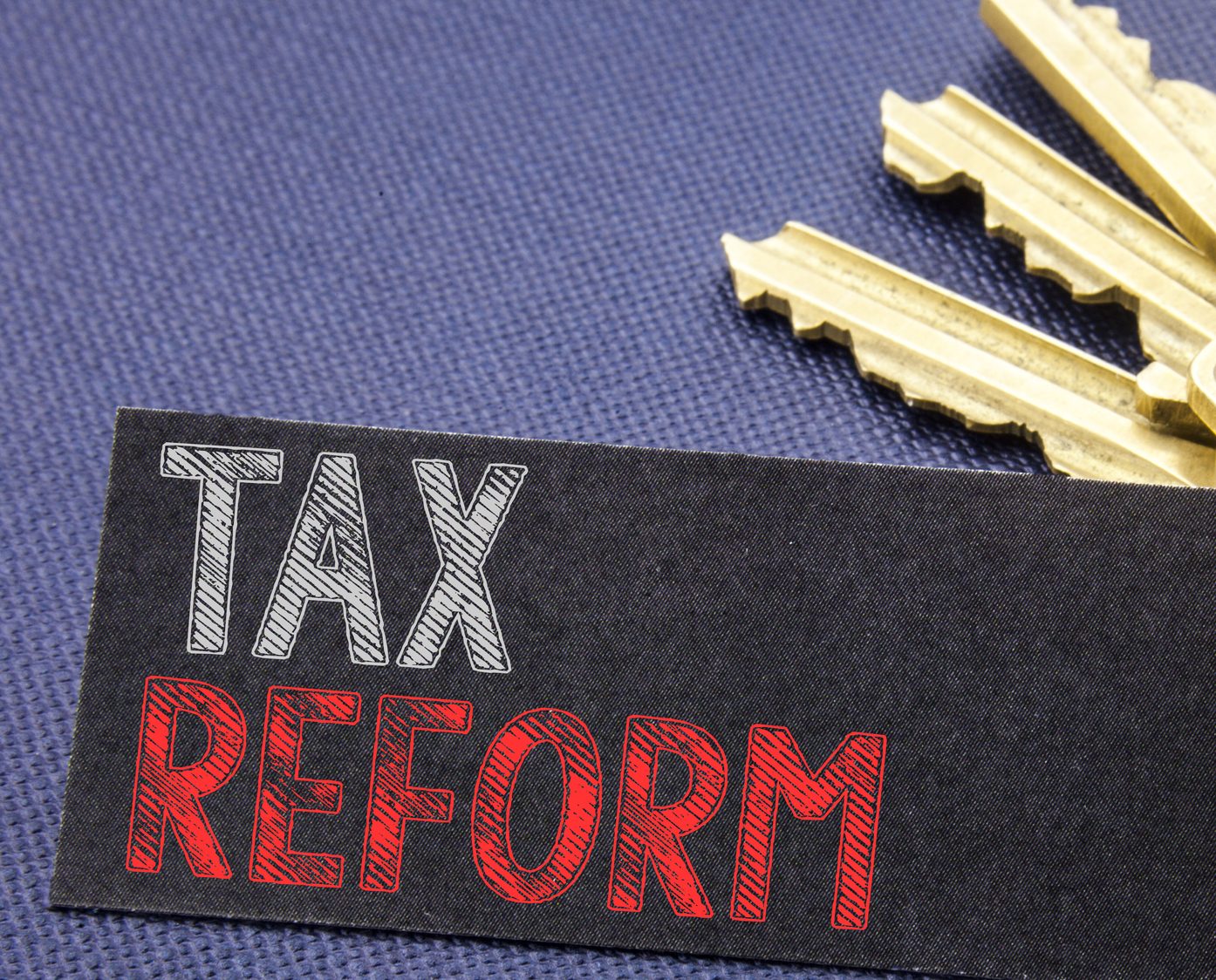With Budget week ending, UDIA considered the pros and cons of both the Federal Budget 2019-20 and the Opposition’s response, considering what each budget means for the development industry.
“While the focus of each budget is completely different, both centred on providing generous tax cuts to the Australians that need it most, along with congestion busting infrastructure, albeit at varying degrees,” UDIA National President Darren Cooper said.
“In the Federal Budget, UDIA welcomes the supercharged national infrastructure package worth $100 billion over 10 years, including a new $23 billion allocation. This investment in infrastructure will continue to bolster our industry, which supports more than 1.25 million jobs.
“While not to the same degree, Labor’s response has also promised a package of significant infrastructure spending in each Australian capital city in their first year of government should they win.
“UDIA has long advocated for an “Infrastructure Accord” between the major political parties with a view to insulating crucial intergenerational infrastructure decision making from bi-partisan politics. We are pleased with Labor’s proposal to engage industry and adopt a bi-partisan approach by invite the coalition to jointly formulate infrastructure development plans.”
UDIA supports the Federal proposed Population Plan which includes deploying migrants and some international students more broadly as a measure to support economic growth in smaller capital cities and regional areas, plus take some pressure off larger capital city population-induced congestion, whilst infrastructure plans play catch, but we remain firm both parties are not going far enough.
“With both parties implementing a migration ceiling of around 160,000 entrants a year, UDIA is disappointed that this will stifle access to much needed skills.
“UDIA does though support the Coalition’s proposed Population Plan which will be underpinned with a $23.4 million for a new Centre for Population to drive analysis for the National Population and Planning Framework.”
Mr Cooper said that it was disappointing that the Federal Budget did little to address the need for increased housing supply or improved housing affordability. Labor’s pledge to provide 250,000 affordable houses, the biggest affordability package since the Second World War, only just starts to redress the imbalance.
“UDIA commends Labor’s commitment to establish ‘Build-to-Rent’ housing as a viable asset class in Australia and would welcome the opportunity to discuss the policy settings to ensure the asset class remains attractive to investors,” he says.
For most Australians, the planned tax reform is of most interest. UDIA supports the proposed tax cuts which will help improve Australians ability to enter home ownership but is concerned about the changes for those earning more than $126,000.
What is concerning is “Labor’s fixed focus on implementing proposed changes to negative gearing and capital gains tax.”
UDIA remains firm, we do not support Labor’s proposed changes to capital gains tax and negative gearing settings from 1 January, with Mr Cooper describing it as “the wrong solution to a problem that no longer exists.” Numerous studies have already found these changes will almost certainly further dampen investor demand, shrink building activity, put upward pressure on rents, and significantly reduce affordability and liveability levels in Australia.
As a nation, we need all sides of government to face the challenge to make our cities more globally competitive.
UDIA will continue to advocate strongly with each party to build a more liveable future for all Australians.
Our campaign Building a Liveable Future for all Australians, is raising these issues with all sides of politics to develop a more efficient and equitable Australia.

